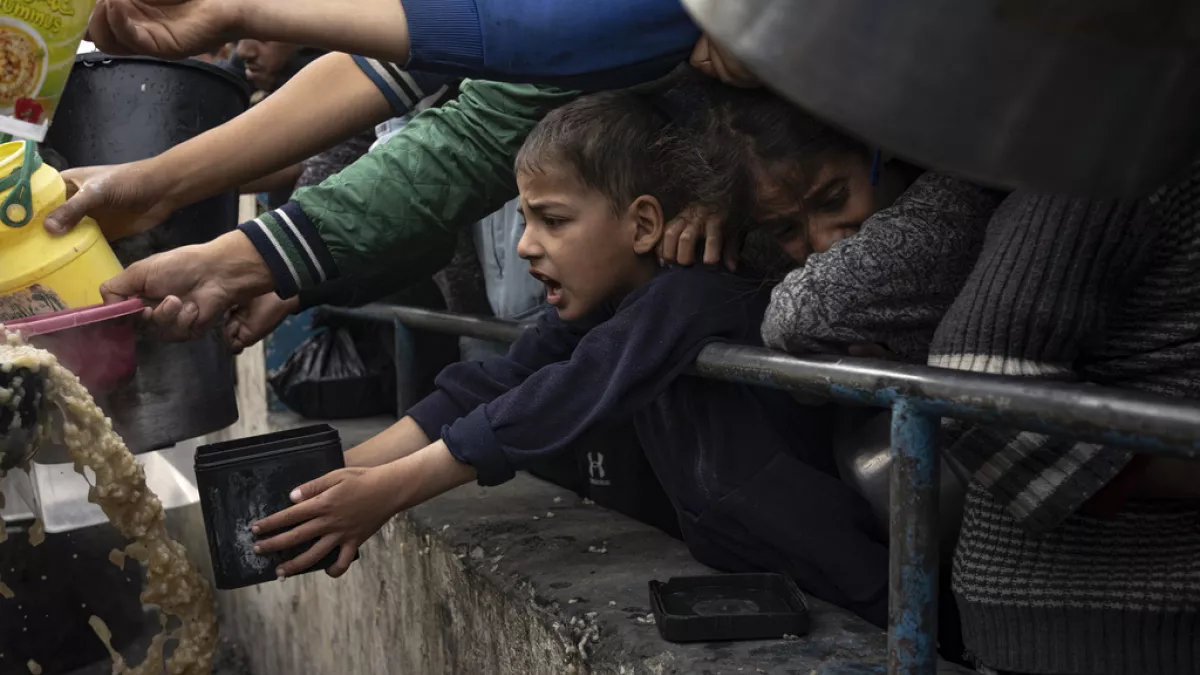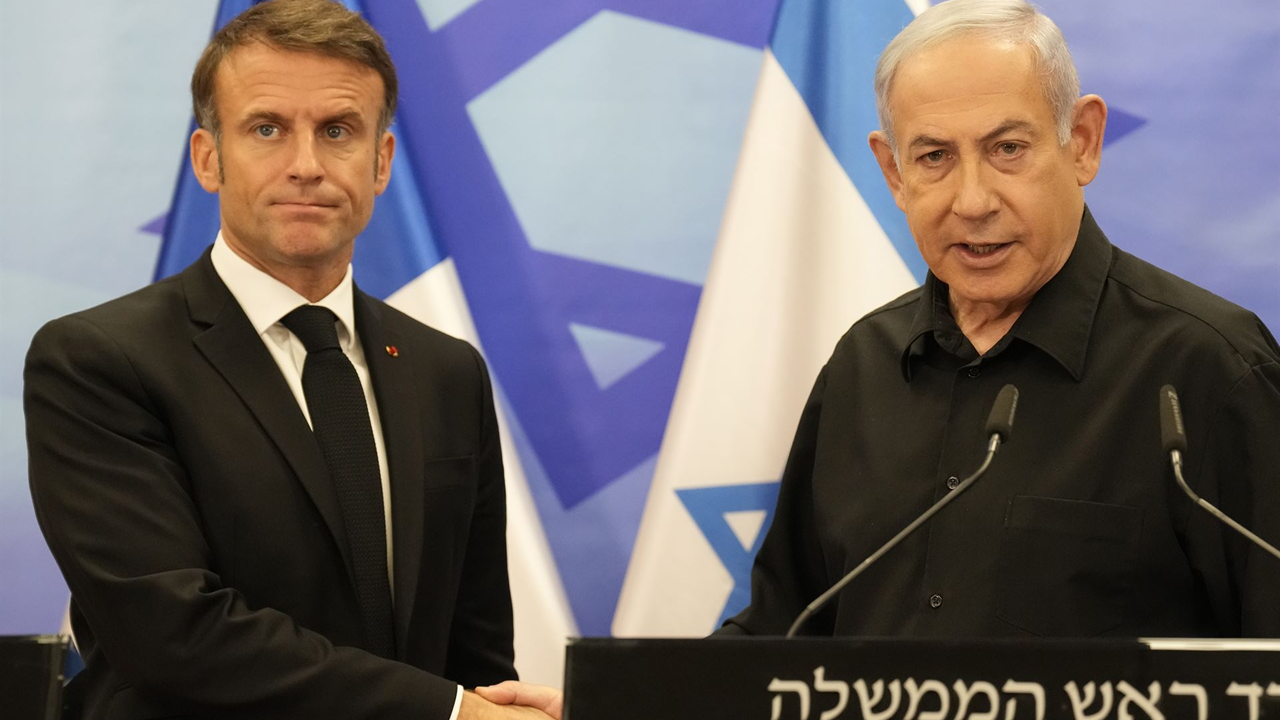According to the New York Times, Israel on Wednesday approved the construction of 3,400 housing units in the occupied West Bank and confirmed that troops had reached the outskirts of Gaza City. Prime Minister Benjamin Netanyahu’s government, analysts told the paper, is doubling down on hard-line policies to appease far-right coalition partners, even at the risk of further isolating Israel internationally.
“The idea of a Palestinian state is being erased from the table,” declared Finance Minister Bezalel Smotrich after the settlement approval. He described every new project as “another nail in the coffin of this dangerous idea,” the paper quoted him as saying.
At the same time, Israeli military officials announced they had achieved “operational control” over most of the Gaza Strip, with Brig. Gen. Effie Defrin stating the army “has begun the next phase of the war.” According to the military, an additional 60,000 reservists are expected to be called up in September.

The looming assault on Gaza City, the paper reported, is designed to prevent Hamas from regrouping nearly two years after the Oct. 7, 2023, attack that left 1,200 Israelis dead and 250 kidnapped. But the toll on Palestinians has been devastating: figures from Gaza’s health ministry describe that more than 60,000 people have been killed since Israel’s offensive began, with famine conditions spreading.
The latest developments cast doubt on a cease-fire plan recently brokered by Qatari and Egyptian mediators, which Hamas has accepted but Netanyahu has not endorsed. Hard-liners within his government have threatened to collapse the coalition if any deal is reached that halts the war before Hamas is dismantled. Orit Strock, a minister in Netanyahu’s government, warned on Army Radio that prioritizing hostages over military victory would “push the country into a horrible abyss.”
International condemnation has been swift. “The military offensive in Gaza that Israel is preparing can only lead to disaster for both peoples and risks plunging the entire region into a cycle of permanent war,” French President Emmanuel Macron said in a statement. France, along with other nations, has signaled it will recognize a Palestinian state at the upcoming U.N. General Assembly, in open defiance of Israel’s direction of travel.

Meanwhile, residents of Gaza City describe an increasingly dire reality. The Times quoted Ahmed Saleh, 45, who said Israeli forces were deploying explosive-laden remote vehicles to demolish buildings block by block. “I hear the big explosions all the time; they are getting closer,” he said. Saleh added he would not move south as Israel has urged displaced civilians, noting, “There are no services there at all, but most importantly, there is no room left for newcomers.”
On the West Bank front, the project given final approval this week, known as E1, has been one of the most contentious settlement plans in decades. Israel has advanced plans for more than 20,000 housing units this year alone, already the highest number in years, amid a surge in settler violence against Palestinians.
Jordan’s foreign minister Ayman Safadi accused Israel of creating a “completely inhumane reality” in Gaza and taking “illegal measures that continue to undermine the two-state solution and kill all prospects for peace.”
For Netanyahu, experts told the Times, the dual strategy of deepening settlement activity while escalating the war in Gaza underscores a political calculation: that he can depend on continued U.S. support even as Arab and European governments ramp up pressure.
